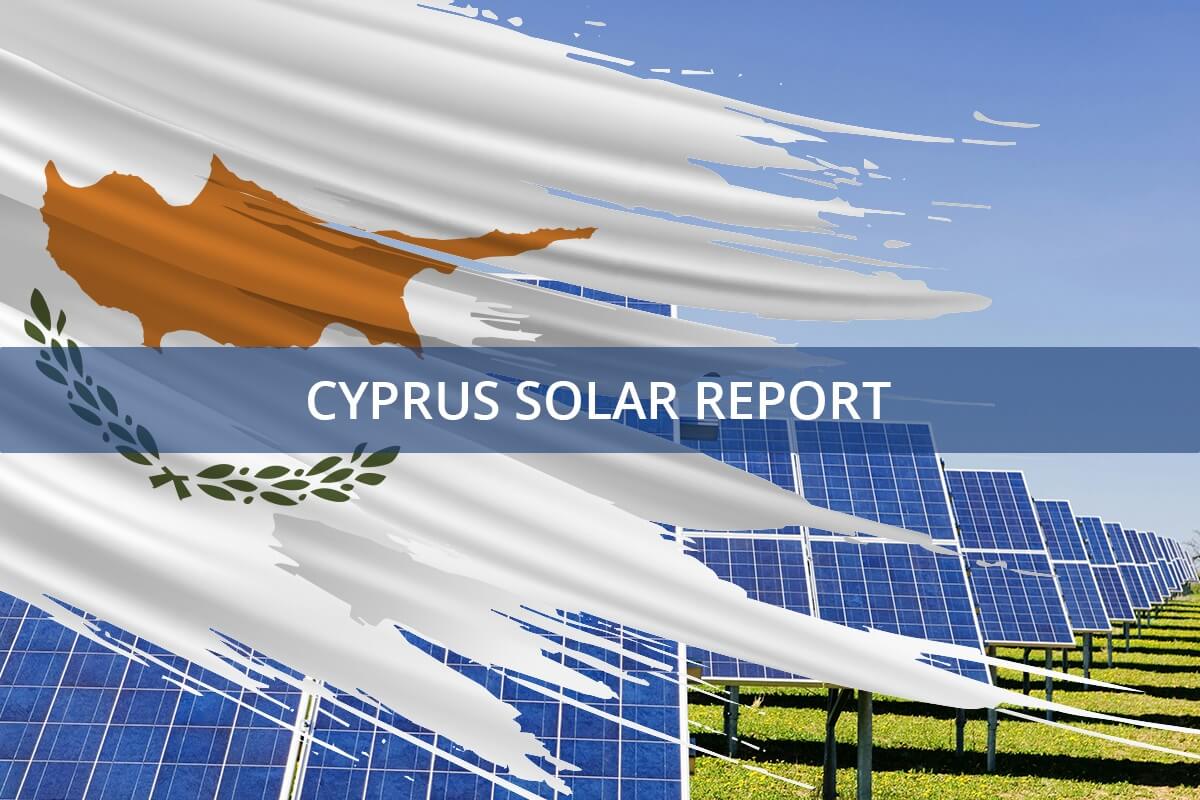Cyprus Solar Net Metering Transitioning to Avoided Cost Payments by October 2025
Cyprus will end net metering for new solar projects by October 2025. The island nation will introduce a new scheme that compensates solar generators based on the Electricity Authority of Cyprus (EAC)’s avoided cost of electricity production. Existing projects will remain on the current net metering system until 2035, providing a decade of stability for current solar producers. This policy shift is part of a broader strategy detailed in the Cyprus solar energy policy to modernize its energy infrastructure and integrate more renewable energy sources, as highlighted in articles like Cyprus solar energy policy: 5 Essential Changes by October 2025.
Cyprus Solar Net Metering: Transition to Avoided Cost Payments
The Council of Ministers’ decision to transition to an avoided cost payment model aims to improve the stability and efficiency of the Cypriot power grid. Under this new system, the EAC will pay solar energy producers based on the cost savings achieved by avoiding the need to generate that electricity from conventional sources. This shift reflects a growing global trend to optimize grid management as renewable energy penetration increases. For more information on Cyprus’s evolving solar landscape, see resources like Cyprus Installs Solar Panels at National Guard Camps – PVKnowhow.
Impacts of Cyprus Solar Net Metering Changes on the Solar Energy Sector
This change will significantly impact the Cypriot solar energy sector. Net metering allowed solar producers to offset their consumption with generated energy, often receiving credits that reduced their electricity bills. The transition to avoided cost payments will likely alter the economic incentives for solar projects. While the shift could result in lower payments for some producers, it is designed to reflect the true value of solar energy to the grid and encourage more efficient energy production, potentially mitigating curtailment issues discussed in articles such as Solar power Cyprus Homeowners Face 5 Shocking Curtailment Issues. The government aims to balance renewable energy adoption with grid stability and cost-effectiveness, incentivizing producers to generate electricity when it is most needed. This move aligns with global trends, as some international programs, like the “Solar for All” initiative, have faced cancellations due to budgetary constraints (Solar for All canceled: Shocking $7 Billion Program Cut – PVKnowhow).
What Cyprus Solar Net Metering Changes Mean for Solar Energy Producers
Solar energy producers in Cyprus should prepare for these changes by reviewing existing agreements and planning for the new payment structure. Existing net metering agreements will remain valid until 2035. However, new projects commissioned after October 2025 will need to adapt to the avoided cost model. Understanding the implications of this transition is crucial for future investment decisions. Further details about the transition can be found in resources like Cyprus solar net metering Ends: Shocking 2024 Change. The government emphasizes that this change is part of a broader strategy to integrate more renewable energy into the national grid, aiming for a more sustainable and resilient energy system. The combination of solar energy and advancements in battery storage, as seen in projects like the Cyprus battery storage system Achieves Breakthrough with 50 MW …, will likely play a key role in this transition. As Cyprus moves forward, both producers and consumers will have an important role in shaping the future of the island’s energy landscape.

